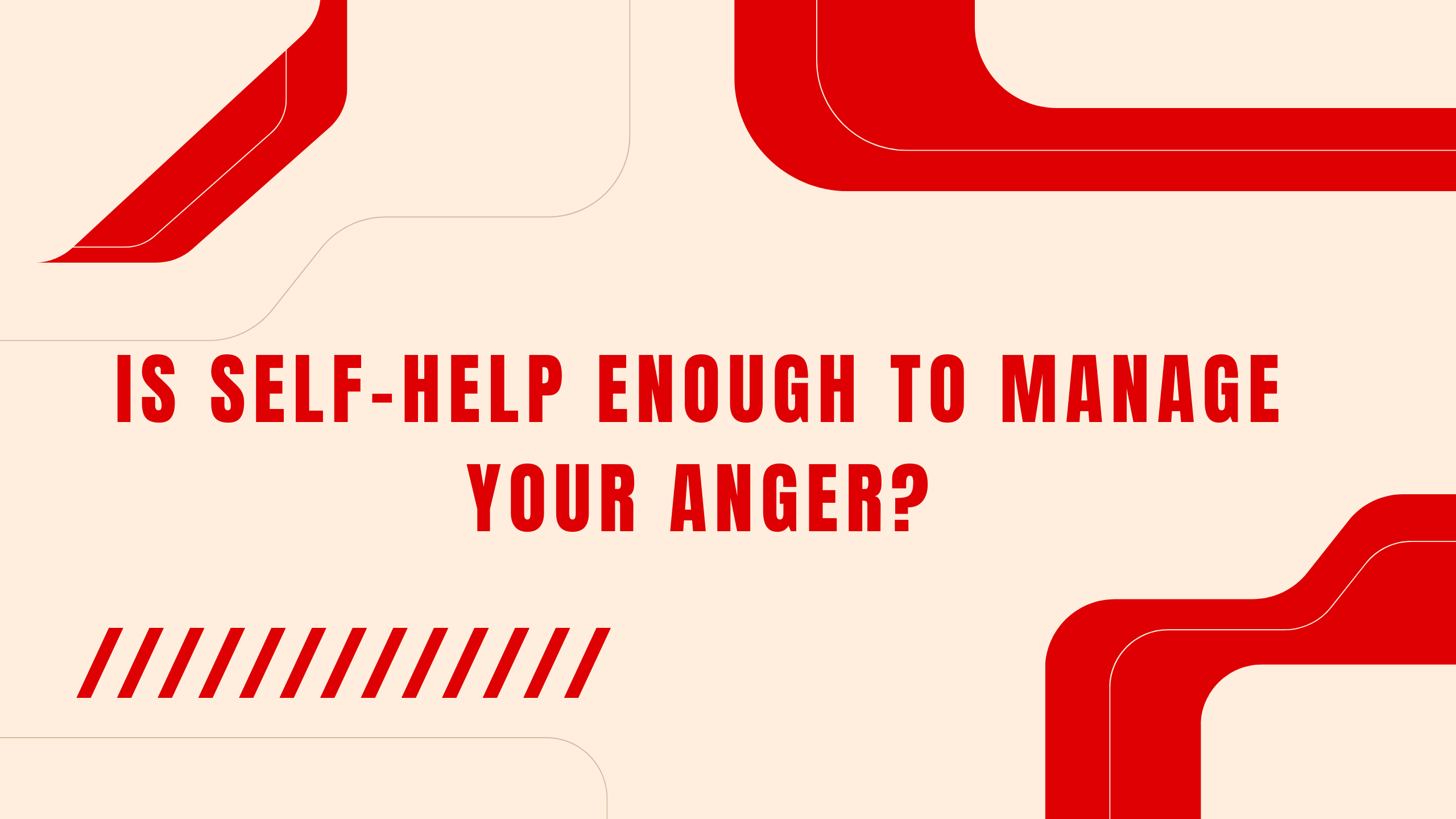Anger is a common human emotion, but frequent or extreme anger has a negative impact on relationships, professional development, and mental and physical health. Many people turn to self-help resources for anger management, such as books, online courses, and mobile apps. However, Hershel Korngut, a certified anger management consultant, believes that self-help alone may not be effective in controlling anger and suggests ways for developing emotional strength.
How Self-Help Can Help You Manage Anger
Self-help for anger is a wonderful beginning point. Mindfulness techniques, deep breathing, writing, and thought reframing can help people detect triggers and respond calmly. These anger management techniques enable people to deal with rage quickly and reduce impulsive behavior.
Self-help provides access and affordability. People can practice anger management skills at their own pace, without having to schedule appointments or attend therapy sessions. Self-help provides awareness and basic coping techniques to effectively deal with mild or infrequent anger triggers.
Why Self-Help Alone Has Limitations
Self-help alone cannot resolve all rage issues. Anger is frequently the result of underlying difficulties such as trauma, persistent stress, or mental health concerns. Self-help rarely addresses the underlying issues; therefore, benefits are only transient.
Consistency introduces another challenge. Self-help necessitates discipline, effort, and proper application, which individuals struggle with when stressed. Hershel Korngut suggests combining self-help tactics with professional coaching to deal with rage and treat underlying reasons, thereby improving emotional control.
When Professional Support Works Best
Professional assistance, such as therapy or counseling, is required for intense or chronic rage. Therapists evaluate causes, identify triggers, and offer individualized anger management skills. Therapy provides a secure area for people to examine their feelings, resolve problems, and make long-term behavioral changes.
Using both self-help and expert advice yields the best outcomes. Self-help offers coping techniques for immediate anger control, whereas therapy tackles emotional and psychological elements to promote long-term recovery.
Signs That Self-Help Is Not Enough
People should understand when self-help fails. Frequent outbursts, anger, workplace or domestic disputes, and medical symptoms such as high blood pressure or poor sleep all point to the need for professional help. Ignoring these warning signs can harm both your physical and emotional well-being.
Conclusion
Self-help for anger is an excellent beginning point for mild or occasional rage. However, self-help is rarely effective in treating persistent or severe anger. Hershel Korngut emphasizes integrating self-help and professional ways to deal with rage and develop long-term emotional strength. Understanding the limitations of self-help enables people to regulate their emotions, maintain healthy relationships, and improve their general well-being.




